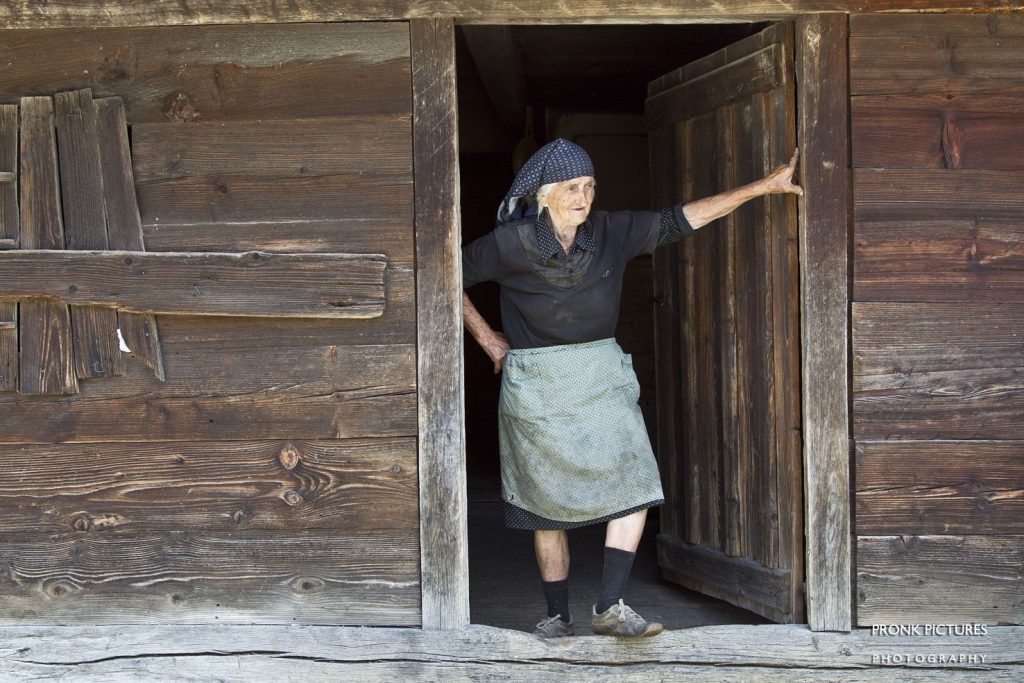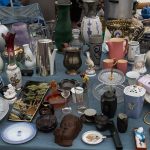We wish to write this series to share the stories of expats (or returned Croatian heritage) who chose to move to Croatia and start a life here, particularly those with an entrepreneurial spirit who have successfully started a business in Croatia (an achievement in itself) and are finding success in their new homes. By doing this we believe we might debunk the myths that: EVERYONE is leaving Croatia, and that there are no opportunities here.
First and foremost, why Croatia?
I fell in love with the astonishing natural beauty of Croatia. I am not attracted to the coastal regions as much, but more to the lifestyle in the little villages. We live the life of self-sufficiency, the way we do that in Croatia would cost a fortune in Western Europe. We bought a little house in the countryside and lots of land. The lifestyle that we lost in Western Europe is still very much alive in the villages here. This is what we want to share with the tourists that come and spend their holidays with us. It’s all very unique and authentic. Many people long for that life in Western Europe but are unable to take that step as they are too tangled up in financial obligations. We live with people who live with nature and live from nature. That was our dream and it came true in Croatia. A great plus is that aside from shopping expenses, the cost for living is relatively low in Croatia.
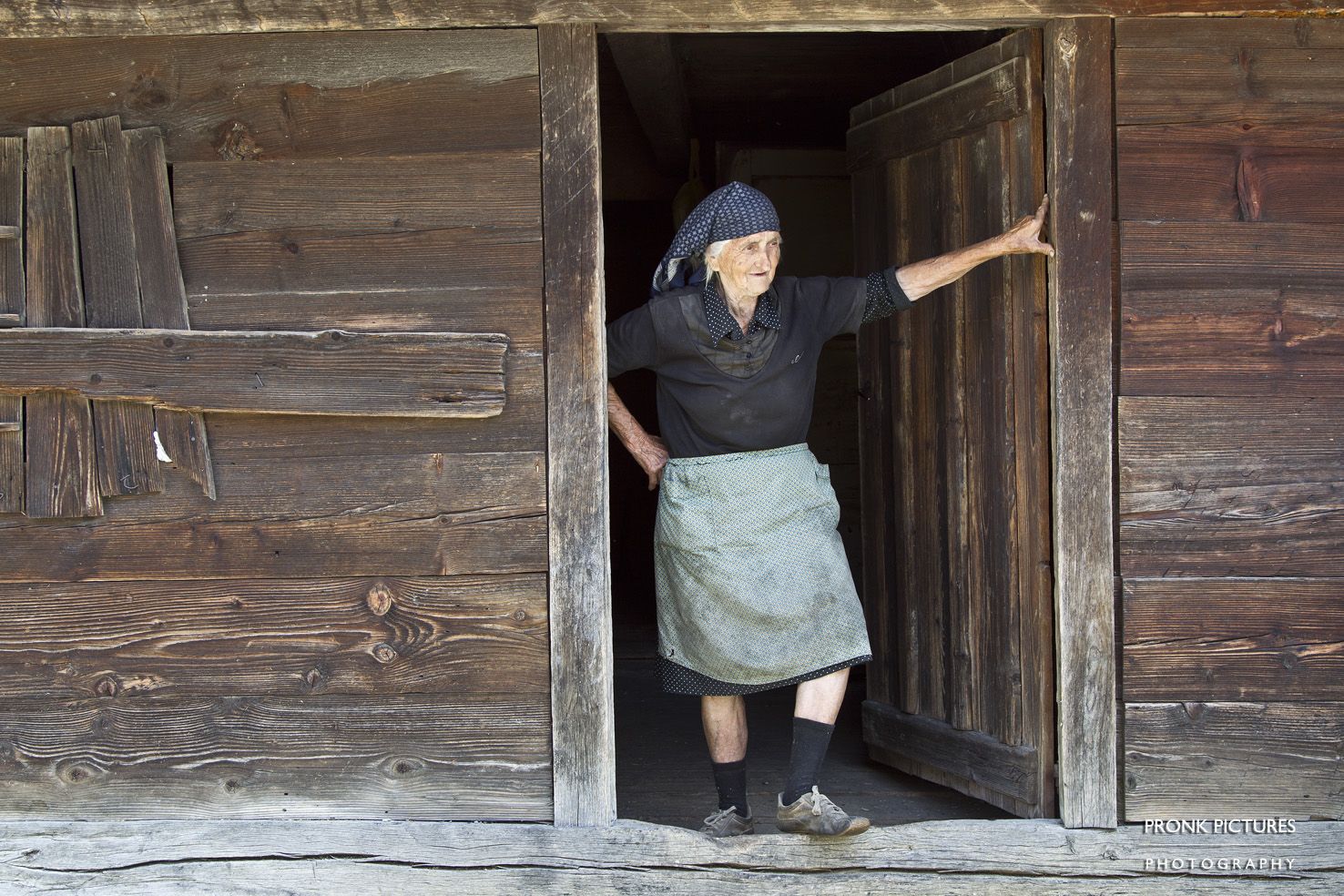
Introduce us to your business, what is it you do?
I’m a photographer and a social worker by profession. I started to produce postcards in Croatia as I noticed that there weren’t that many good pictures around of some of Croatia’s beautiful natural highlights. We will also run a little OPG that is focused on dried fruit products. It isn’t producing yet, we are still in the ”trying out” period. Next year, we will open up a photo gallery and a creativity centre where people can take part in several workshops. We also run a holiday house near Samobor.
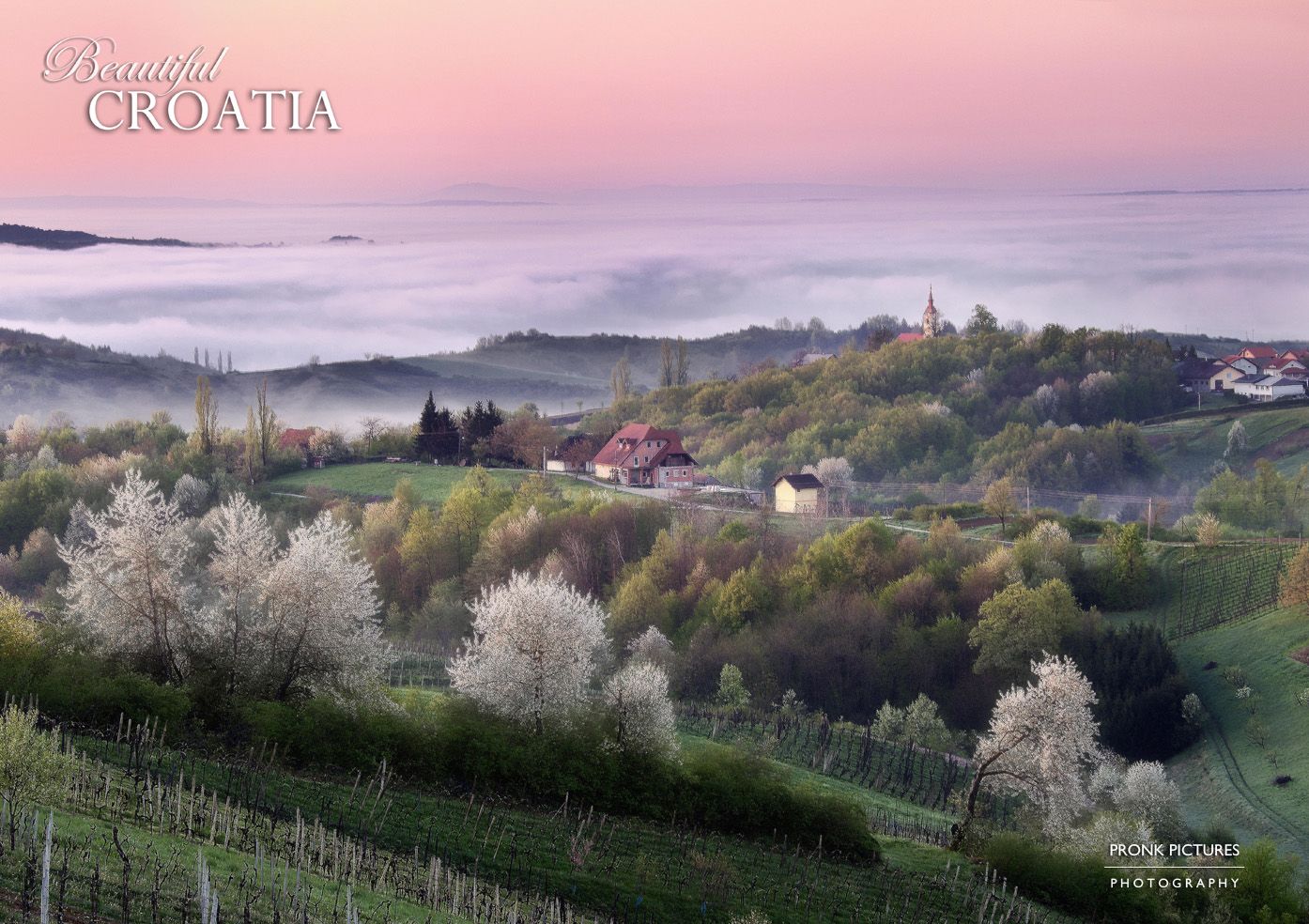
Tell us about some of the differences of your expectations of running a business in Croatia, and the reality.
We didn’t come to Croatia to do business, having a new and natural life was our main focus. But of course one needs to earn money. So the registration of our d.o.o. was something we did the moment we arrived without having the clear strategy of a particular business plan. Now after almost four years, our plans and dreams are getting more and more in line with reality. Starting a business should ring some bells already. There is a huge amount of paperwork involved, as well as lawyers and judges. That has been pretty much the most unpleasant part. Too much unnecessary and expensive paperwork.
What (if any) bureaucratical issues have you encountered and how did you overcome them (i.e. any advice to the would-be entrepreneur?)
When we opened a little shop in Slunj/Rastoke we were faced with a public tender procedure. Everything seemed fine and we were promised the shop that we had to rent from the municipality. All of a sudden we got a letter informing us that it had been given to someone else. I went to the mayor and told him this was not fair. He had his influence and after everything, we could rent it. But for the second time, we had to verify all our papers at the notary for the same papers we sent them three weeks before, and they were already sent to the national archive (Croatia’s biggest building).
How is your product or business perceived on the Croatian market?
Croats don’t buy a lot of art so I mostly sell to foreigners. The postcards sell really well in some of the national parks and the big hotels.
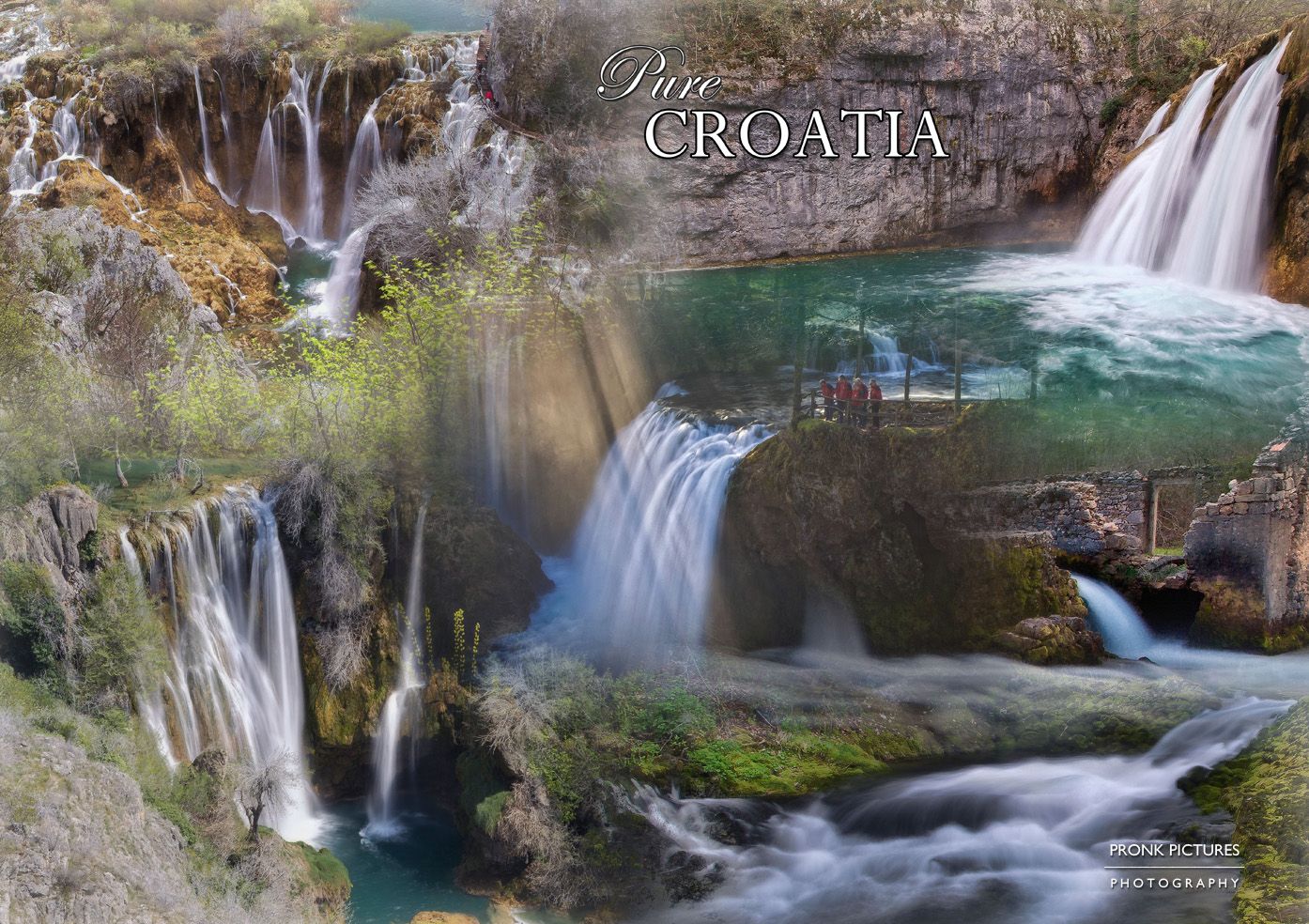
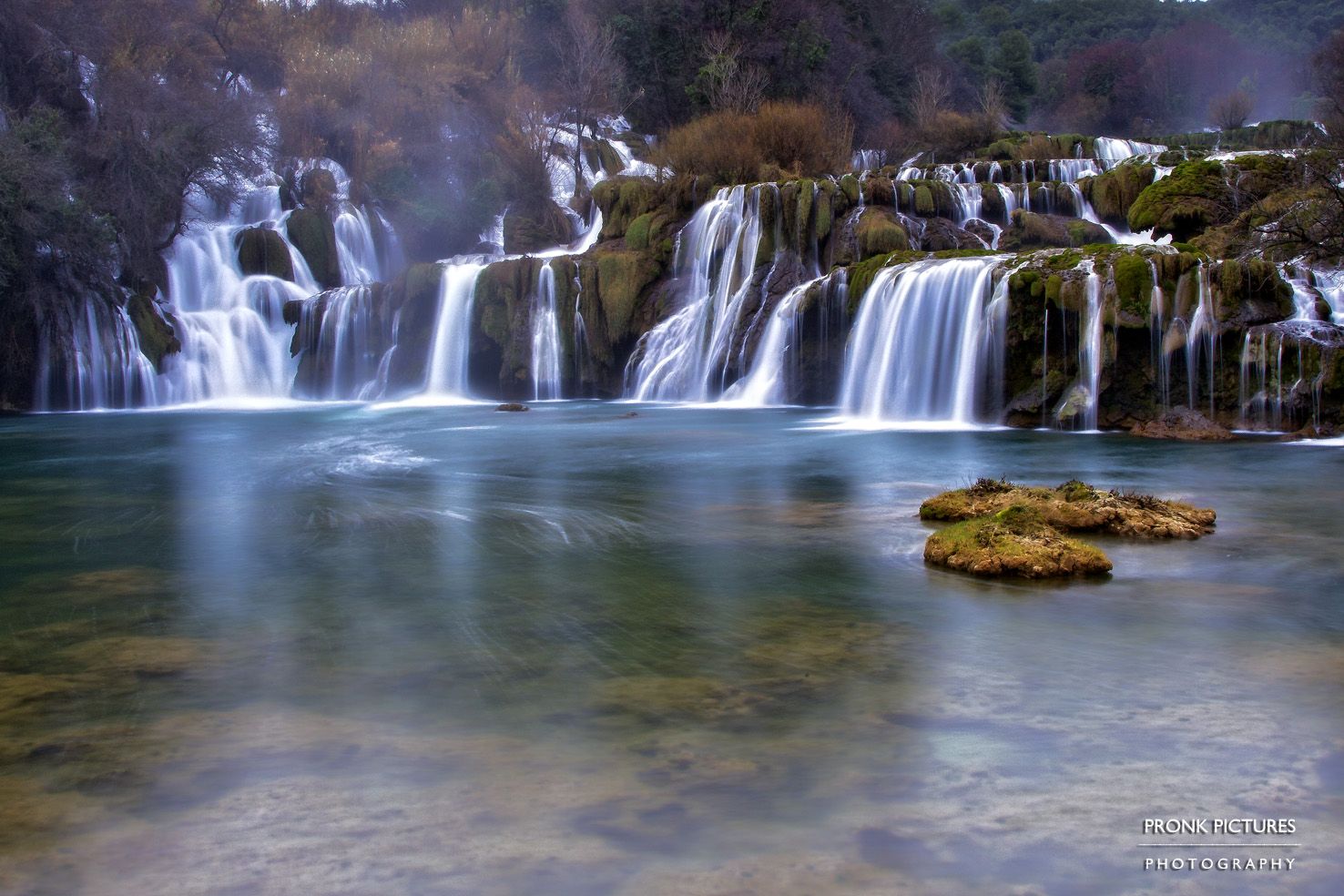
What were the opinions of your friends and community, were they supportive of your idea, or…?
We wanted to start some more touristic activities in the area we live. We had some experience with a previous project near Sisak that became very successful. The municipality has been very supportive. I also wanted to buy two abandoned houses in the village that had been empty for more than forty years. My plan was to turn them into accommodation for our future guests. We tried for two years with the help of our lawyer to sort out the paperwork but we had to give up in the end. Every time a new paper was needed. It’s a merry go round of bureaucracy that knows no end. In the beginning they say it will go smoothly and easily. That’s just to give you hope but it doesn’t work like that in reality.
Some of the locals were a little anxious and suspicious. In the area where we live, many people left in the past. Those who stayed had to work really hard to survive. The arrival of a foreign family to their area was something they couldn’t understand. When they heard about my plans they immediately told me that they wanted to start something similar. I didn’t quite understand as they were already working their heads off. But I got the message – a foreigner is not supposed to earn money in Croatia, just spend it. They perceive any kind of (foreign) activity as a threat to their children’s future. Unfortunately it works like that.
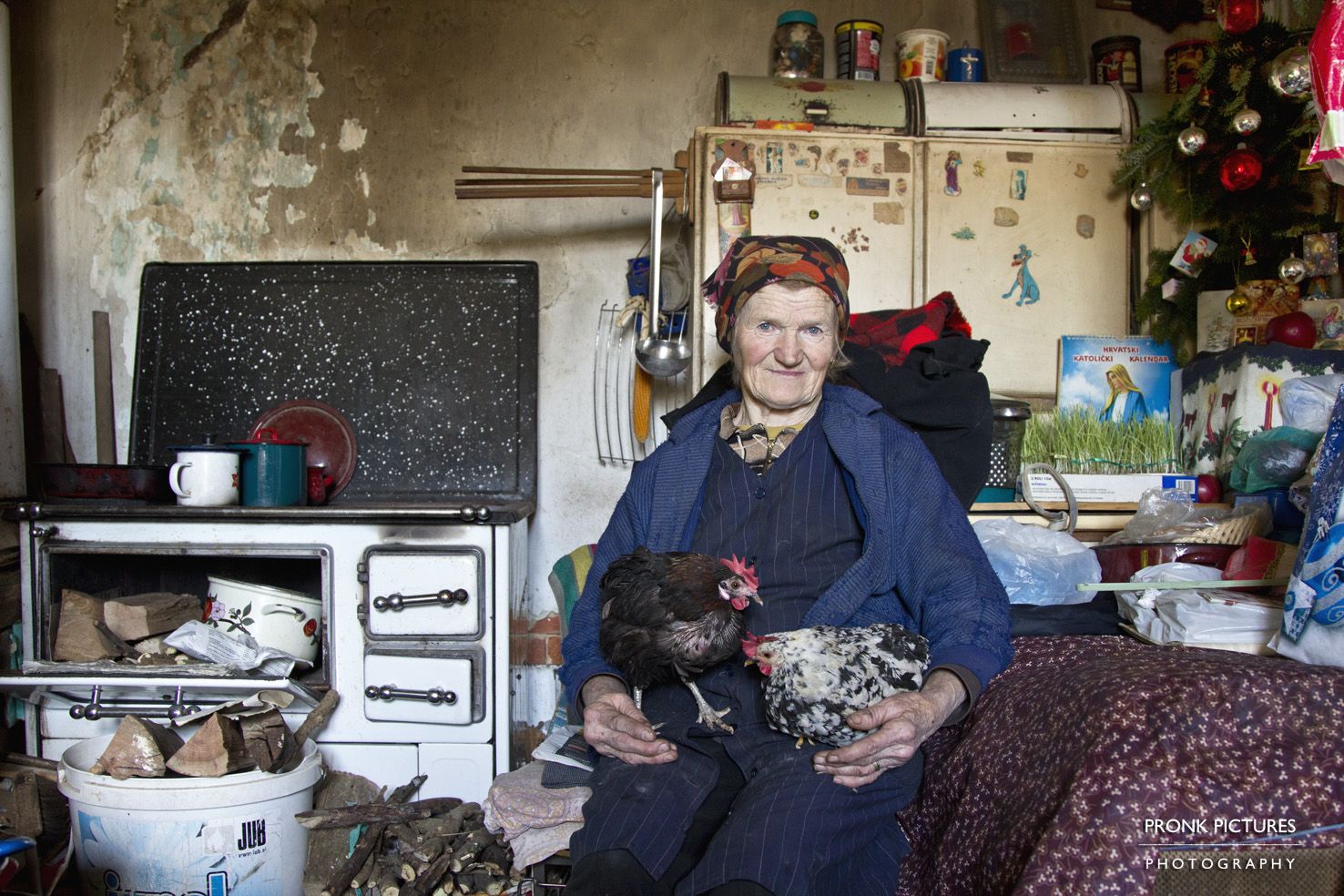
What are some of the greatest challenges you have faced in business in Croatia?
The complete lack of information. Whether it’s a tax bill you have to pay that you never received or some new law or rule that you haven’t been informed about. When we opened the shop in Slunj we were warned by the locals that severe inspections are carried out and indeed, the inspectors came and did their research for hours. The silly thing is that we called their offices in Karlovac a few times to give us a list of all the duties we’d have to fulfil. That list just doesn’t exist. There is no online information available. The procedure is that you just wait for them to come and they will fine you for the things that are not done according to their wishes. This is how you find things out in Croatia. We asked around in other shops and fortunately that worked for us.
Other than the fire extinguisher (which is needed), we had the bill, we had the certificate, we had the technical inspection, we had the sign 30 centimetres above the device that a fire extinguisher was hanging there. But then the inspector told us that we needed a paper from the municipality that we have a fire extinguisher. It makes no sense whatsoever. Luckily, we didn’t get fined but we spent another half a day getting that proof to fulfil the never-ending demand for paper.
The inspection of our house to get the certificate to allow us to rent it out to tourists was one of the most embarrassing moments of my life. Three ladies from the Samobor municipality were actually counting the number of clothes hangers in each cupboard in each bedroom. I didn’t get the four star rating for our house as the mirror in the bathroom was too small. A simple breakfast for our guests couldn’t be prepared as the kitchen was not completely “rost frei”. Rules have to be applied but in this case it was another example of how bureaucracy works (or doesn’t work) in this country.
Just a few weeks ago, we wanted to start with our little family agricultural business. The procedure is insane. You go to their offices to ask for the information as there is nothing online to prepare yourself for it. Just knock on one of the doors and you’ll be directed to the right desk. You have to bring many copies of information that is directly at the disposal of the clerk if he would just hit the button on his keyboard. One has to fill out a form that has to be bought in a special state owned establishment (Narodne Novine). We managed to get the last form or else we’d have had to go all the way to Zagreb. A stupid form that they won’t give you and isn’t available for download. Then the famous “tax stamps” have to be purchased at the local Tisak.
If you knew then, what you know now, would you have come?
Yes, because my plans are getting more in line with the wishes and dreams in my heart as they get shaped by a lot of patience and some counteraction. Furthermore, because of the poor state of the economy and the endless quests for paper, not many people do business. Selling postcards is not a very big and profitable thing, but still, not many people are doing it. Part of our work is online so it doesn’t matter where we live as long as the connection works.
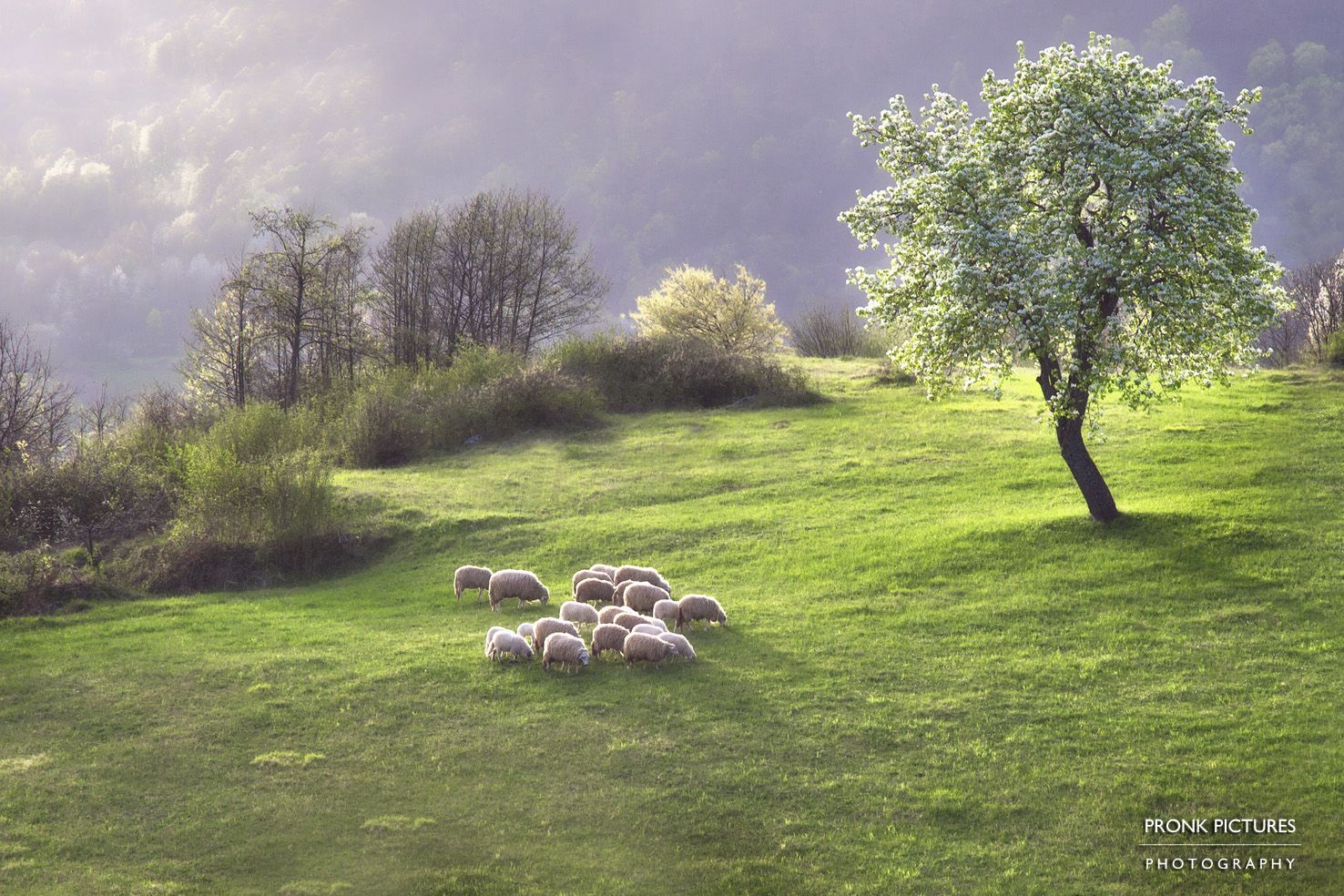
What are 3 things you love about Croatia?
The hospitality and generosity of people. Croats are very loyal. If you want something to be fixed at your house you just agree a price with the handy man and they really don’t overcharge you or let you pay for every minute. It is the most beautiful country in Europe. For me as a photographer, I need at least five lifetimes to discover all that Croatia has to offer. It’s a safe country for my child to grow up in. You do not sense aggression in this society.
What are three things you would like to see improved in the business climate in Croatia?
Make access to information easier accessible! Embrace creativity and stop this overall sense of impossibility. Please do not be so suspicious. I didn’t leave my country, sold my house and left everything to earn lots of money in Croatia.
How is it working with Croatians in terms of a business mentality?
Driving through Croatia, you notice that everything is quite messy, unfinished and rather chaotic. At least that goes for most parts of the country. That pretty much reflects the overall atmosphere, unfortunately in business as well. But things are improving. I have some very good examples of very loyal and professional Croats in business. There are fantastic craftsmen around who put huge effort in giving you great service and a good product. Unfortunately the average worker in Croatia has less protection than an animal in Zagreb Zoo. That has to change and business will then improve. I come from a business family and was taught at home to be always good to those who work for you. In that respect we are far, far away from being one of the most “developed” countries in Europe.
Advice for foreign entrepreneurs thinking of coming to Croatia?
Make sure you have enough in your savings account. Be prepared for bureaucrats to make mistakes and give you the wrong advice, but you’re still the one who is going to pay in the end. Get a good lawyer in that case and take off your “Western European glasses” the moment you cross the border. But for God’s sake – never lose your optimism and creativity!

